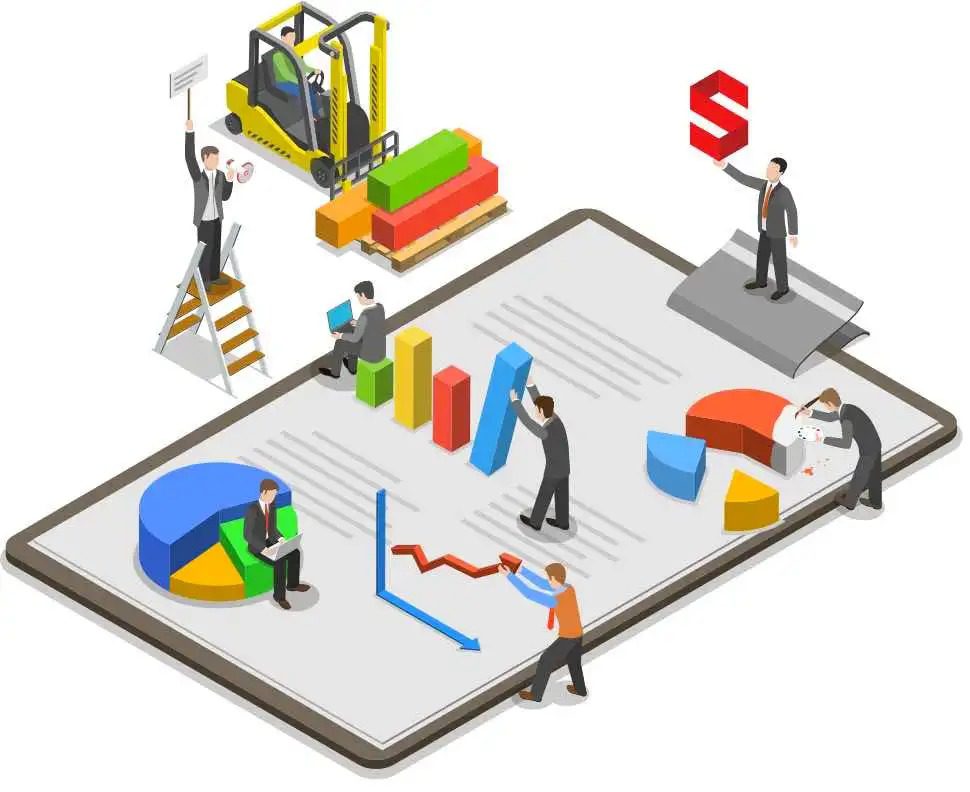Maximizing Productivity in Construction: Tips and Tools for Success
Introduction:
Maximizing productivity is essential for meeting project deadlines, regulating costs, and
ensuring overall project success in the fast-paced construction industry. By instituting
effective strategies, employing modern technologies, and fostering a productive work
environment, construction professionals can increase their efficiency and reach new heights
of productivity. In this blog, we will discuss strategies and tools that can assist construction
teams in maximizing their productivity and achieving exceptional results.
Streamline Communication and Collaboration: For a construction project to be successful,
communication and collaboration must be efficient. Consider using the following
techniques:
Adopt project management software: Use project management tools such as
Procore, PlanGrid, or Autodesk BIM 360 to centralize project information, expedite
communication, and encourage team collaboration.
Implement real-time communication channels: Use instant messaging platforms
such as Slack or Microsoft Teams to facilitate rapid and effective communication
among team members, thereby enabling quicker decision-making and problem
resolution.
Conduct routine team meetings: Schedule routine team meetings to align
objectives, discuss project progress, address obstacles, and ensure that everyone is
on the same page.
Optimize planning& Scheduling: Planning and scheduling must be optimized to prevent
delays and maximize resource allocation. Consider the subsequent strategies:
Utilize construction scheduling software: Tools such as Primavera P6, Microsoft
Project, and Smartsheet can facilitate the creation of detailed project schedules, the
tracking of project progress, and the identification of potential bottlenecks or
scheduling conflicts.
Implement lean construction principles: Adopt lean construction techniques to
eliminate waste, boost productivity, and optimize project timelines. Last Planner
System and pull planning are techniques that can improve collaboration and
streamline workflows.
Utilize Technology and Automation: Utilizing modern technologies and automation
can significantly boost construction productivity. Consider these alternatives:
Building Information Modelling (BIM): Use BIM software to create 3D models,
expedite design coordination, identify clashes, and enhance construction
sequencing.
Mobile applications for on-site efficiency: Explore mobile applications for the
construction industry that aid with duties such as on-site documentation, field
reporting, quality control, and safety inspections. Fieldwire, Procore Field
Productivity, and PlanGrid are a few examples.
Prefabrication and modular construction: Consider off-site fabrication and modular
construction techniques to reduce on-site labour, material waste, and project
duration.
Invest in Workforce Training and Development: Productivity requires a well-trained and
skilled workforce. Invest in programs of continuous training and development to:
Enhance technical skills: Provide workers with training opportunities to better their
knowledge and skill in their respective trades.
Promote safety practices: Conduct regular safety training sessions to reduce
accidents and maintain a secure workplace.
Promote teamwork and leadership: Provide programs that enhance teamwork,
leadership, and communication skills to foster a positive and collaborative work
environment.
Maximizing construction productivity necessitates a comprehensive approach that
combines effective communication, streamlined planning, technology utilization, and
workforce development expenditures. By implementing the advice and utilizing the
resources outlined in this blog post, construction professionals can optimize their operations, meet project objectives, and achieve remarkable productivity that will set them apart in their industry. Construction teams can drive success and deliver exceptional projects by focusing on continuous improvement and embracing innovative practices.
Disclaimer: This content is provided solely for your review. Erusu Consultants takes no liability for this article. The reader is advised to form their own opinion. Please consult a Structural Engineer before making any final decisions.






